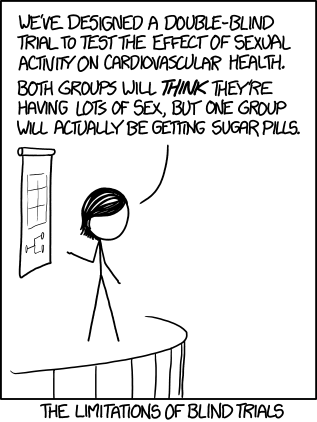Two Books: Two Laws
Because these scientists where Christians they thought that the world was created by God. When they discovered how nature operated they thought that they were simply revealing the rules that God had set in place. The world was put together like a giant clockwork and it was the scientist's goal to figure out how this clock worked. Today the clock has been replaced by the computer as our inspiration, but back then it was the mechanical clock with all it's gears that dominated. The other dominant inspiration for Christians at that time was the Bible. The Bible was God's law. Since the 14th century theologians in the Catholic Church had been referring to the Book of Nature as God's other book. These two books were 'written' by God and represented two ways in which God's Law could be known. So it was natural, we might way, for Christians to see and label the things they were discovering through the scientific method as Laws. Newton's Law of Universal Gravitation is a good example. Newton did not create gravity, he simply discovered something that God had written into the way the world operated.
Laws do not exist unless there is a law giver. And since God had created the world and the rules that govern the world, it was natural to think of those regularities as laws of nature, because they were laws of the Supreme Law Giver. The two books theory of God's law had made its way into the language of the scientific revolution.
Two Things Happened
From this point on in the story two things happen which change the way the scientific community now thinks about nature. The first is that more and more scientists stop believing in God and so they no longer think of the regularities of nature as created by God. The idea of a law doesn't make as much sense without a law giver.
The second thing that happened is that some of these so-called laws were found to be wrong. Scientists became much more aware of the provisional nature of their discoveries. This brought about a more humble attitude in the scientific community. Even something as sure as Newton's Law of Universal Gravitation has been replaced with Einstein's Theory of Relativity.
Theory
Which brings us to the rise of scientific theory. In most academic disciplines, and even in less academic practices such as business management, there develops a specialized vocabulary. Terms that are used in everyday language are given special meanings that no longer communicate the same thing they do for the lay person. Philosophers are especially notorious for doing this. We call it jargon. So we have to be careful when we use specialized terms and take them out of context. For the lay person a theory is a guess. I have a theory about what my daughter has been doing when she stays out late at night. My theory is just a hunch or a guess. I don't have proof because if I had proof I would know and it would no longer be a theory. But scientists use the word hypothesis for guesses.
Once a hypothesis has been tested and analyzed by careful empirical observation and re-analyzed by other teams of researchers, then it becomes a theory. The word theory is reserved for those guesses that have come to be accepted among members of the scientific community who work in that specific area. Scientific consensus leads to the use of the term theory.
Science is very specialized. Physicists are not considered experts on theories of evolution. Geologists are not really qualified to make judgments about the latest stem cell research. So stem cell researchers compete with other stem cell researchers to see who will be the first to make some breakthrough and cure cancer or something. If you are first you could win the Nobel Prize, like Watson and Crick did for the structure of DNA.
There are Theories, and then there are Theories
Theories are not laws in waiting. Theories are at the top of the heap. Remember that Einstein's theory is better than Newton's law. That doesn't mean that all theories are equal. Experiments in physics can be conducted to very high degrees of specificity and confirmed with the same high degree of integrity. Physicists often have decisive refutations of hypotheses or experiments. But not all scientists have that same luxury. Theories about gene-environment interaction or studies involving human diet are a less likely to have definitive falsification.
Nevertheless, theories are the best we can do. Theories don't eventually get "proven" and become laws. Theories are already proven. Still, sometimes new ideas do get called laws. There are several reasons for this. Sometimes I think it's just a throwback to the earlier use of law by people who have not thought through the distinctions. Moore's Law might be an example of this. It's not really a natural law or theory about the world. So we still get things called laws, but they are not natural empirical regularities. Scientists are not philosophers, they don't worry about language as much. But there are specific examples that might go against my theory.
Statistical Laws
There are still a number of laws being put on the books. Gustafson's Law, Metcalfe's Law, Reed's Law, etc. But it seems to me that these are just various types of statistical laws based on sets rather than the kinds of theories generated by traditional scientific empirical observations.
In summary, my point is that without the idea of a law giver it does not make as much sense to label the regularities of nature "laws." And besides this, scientists have also adopted a more humble attitude toward their enterprise. A scientific theory is not some kind of inferior guess or some child that will some day grow up to become a law like a bill sitting on Capitol Hill.



